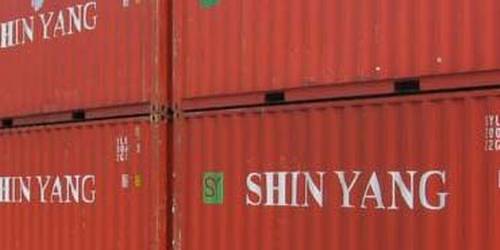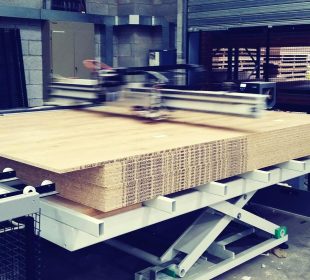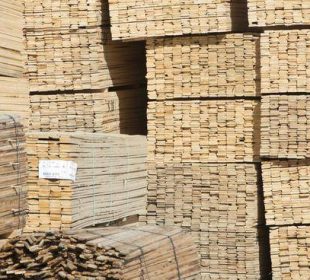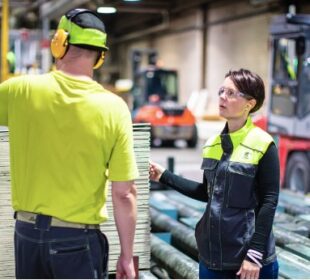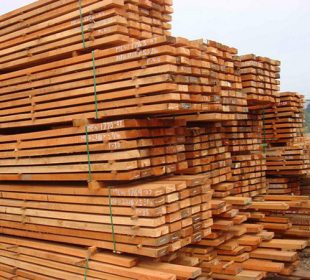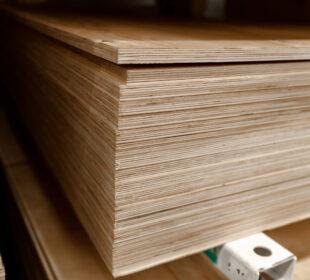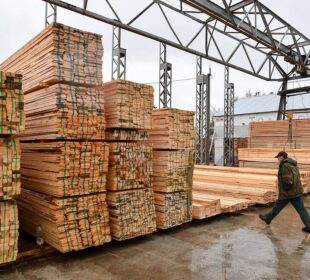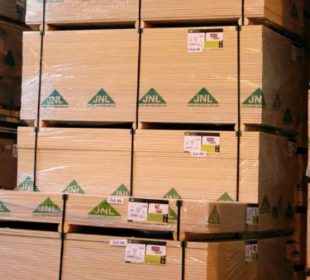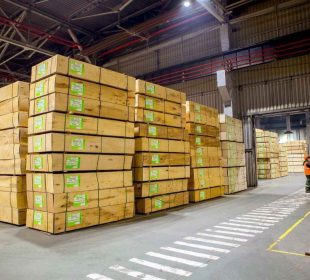Shing Yang, the largest Malaysian plywood manufacturer for Japan, decided to stop its sales of panels, like concrete forming, for the moment. The reason for this decision is to restore its decreasing market in Japan.
The president of Shing Yang commented that this may be an unusual measure to restore the company's market in Japan and that the plan is to reduce the production by 30%. The main target of the company is to reduce total inventories in Japan down to a proper level so that the demand for plywood to get back to a normal level.
The plywood market imports have suffered a poor demand since August 2015, causing the export prices to drop. The total 2015 supply was down by 17.3%, compared to 2014. Yet, the market remained stable for the following 6 months through August last year.
Also, the orders for Malaysian plywood products decreased by 20% and the Japanese market continued to decline in 2016 too, making the orders to drop even more. The export prices of 3x6 JAS coated concrete forming panel dropped by $50 compared to November 2015.
Fortunately, the Malaysian Ringgit was weaker enough to cover the lower dollar export prices, but, at the moment, the Ringgit is rebounding, causing mills to suffer losses.
Moreover, the Shing Yang president stated that isn’t reasonable to think that the export prices should be reduced according to the Japanese market prices, so he decided to withhold the panels supply until the inventories in Japan are properly reduced and the market improves accordingly.
The plywood mills in Sarawak now face severe log supplies shortage, because of the tight control of the illegal harvest law. Thus, the cost of logs climbed considerably and it is urgent to improve profitability. Shing Yang considers that shifting from limited sources of natural grown trees to low cost planted trees also reviews average sales prices by looking at other markets like India, Australia, the U.S.A., Africa and South America.
Shin Yang Trading Sdn. Bhd. (SYT) operates in the wholesale and distribution networks for products utilised in logging, timber processing, shipbuilding, shipping, construction, civil engineering and quarry industries.
[gravityform id="1" title="true" description="true"]
[gravityform id="2" title="true" description="true"]
